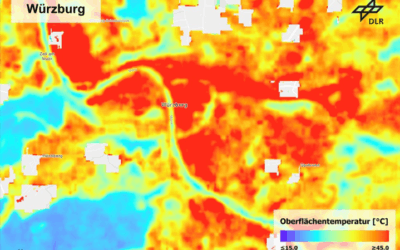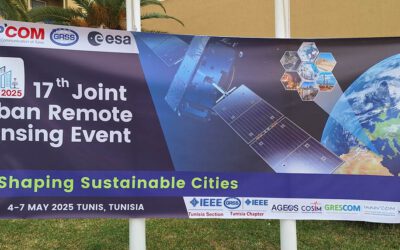An interview has been published on the gis.business journal cover topic ‘building and living of the future’. Our professor Hannes Taubenböck was interviewed by Andreas Eicher from the gis.business journal for issue 1/2024. It is not a new realization that there are challenges related to construction and housing in Germany. For too long, housing has been neglected by stakeholders. Now good advice and building and housing are expensive, or as Prof. Dr. Hannes Taubenböck puts it in the interview: “There is hardly any broad social or political debate on how and where we want to build and live. Building usually just happens, actually quite uncoordinated, according to the rules of a capitalist market.”
Please see here for more information: https://gispoint.de/home.html and find the interview titled “Ich denke, zunächst muss wieder eine intensivere gesellschaftliche Debatte über das Bauen und Wohnen stattfinden” and the entire issue here: https://gispoint.de/artikelarchiv/gis/2024/gisbusiness-ausgabe-12024.html
The interview is accompanied by a podcast that has been published already last year. Hannes Taubenböck talks [in German] about how and where we live in Germany and which desires exist. Closely linked to these topics are discussions on the degree of urbanization, the building and housing crisis, but also the role that geoinformation and remote sensing data can play in building and living in the future. Listen to the podcast here: https://gispoint.de/gisradio.html








